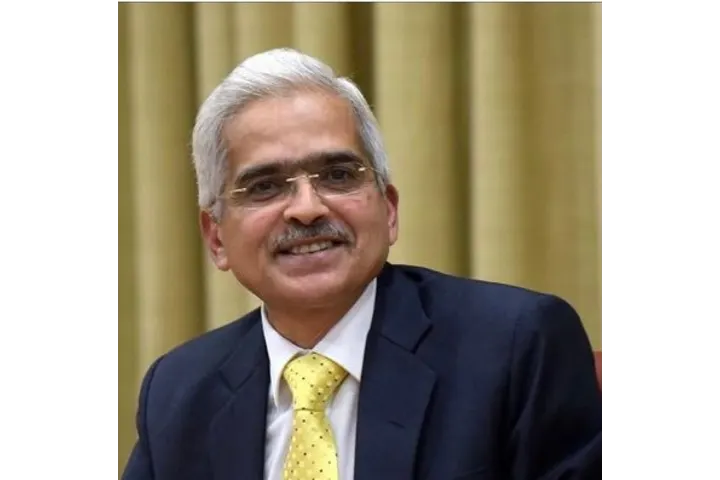Shaktikanta Das, Governor, Reserve Bank of India has said India’s economic resilience continues to remain in tact though rising debt distress in South Asia is a cause for concern. In an interview to the Financial Times, Das said that there is was no room for complacency.
However Das also said that global economic challenges are rising.
“Net-net, India is far better placed than almost all other countries,” he told the news organisation. The global challenges “will have their spillovers and will have their impact on India,” he said, adding that the RBI is alert and continuously monitoring the situation.
“We are quite concerned about the debt distress in all these countries because we have a lot of trade relations with these countries,” he said while discussing the situation in India’s neighbourhood. “It’s a matter which we are looking at with a lot of interest,” Das added.
According to the FT, Das also said that “India’s relatively conservative approach to Covid-19 stimulus spending had helped to keep a lid on inflation.”
Last month, Das while announcing the monetary policy, said that India is seen as a bright spot in a gloomy world. However the central bank reduced the country’s growth forecast to 6.8 per cent for the current fiscal year from the earlier 7 per cent.
India’s bank credit growth has been growing at double digit. Credit growth to industry increased by 13.1 per cent year on year in November from a mere 3.4 per cent recorded in the same month in the previous year. Overall, non food credit growth stood at 17.6 per cent in November 2022 compared to 7.1 per cent in the same month a year ago. A high credit growth is an indicator of robust economic activities. This is particularly crucial for India as it looks to focus on growth while settling into the post Covid phase amid rising geopolitical tensions driven by the Russia-Ukraine war.




















